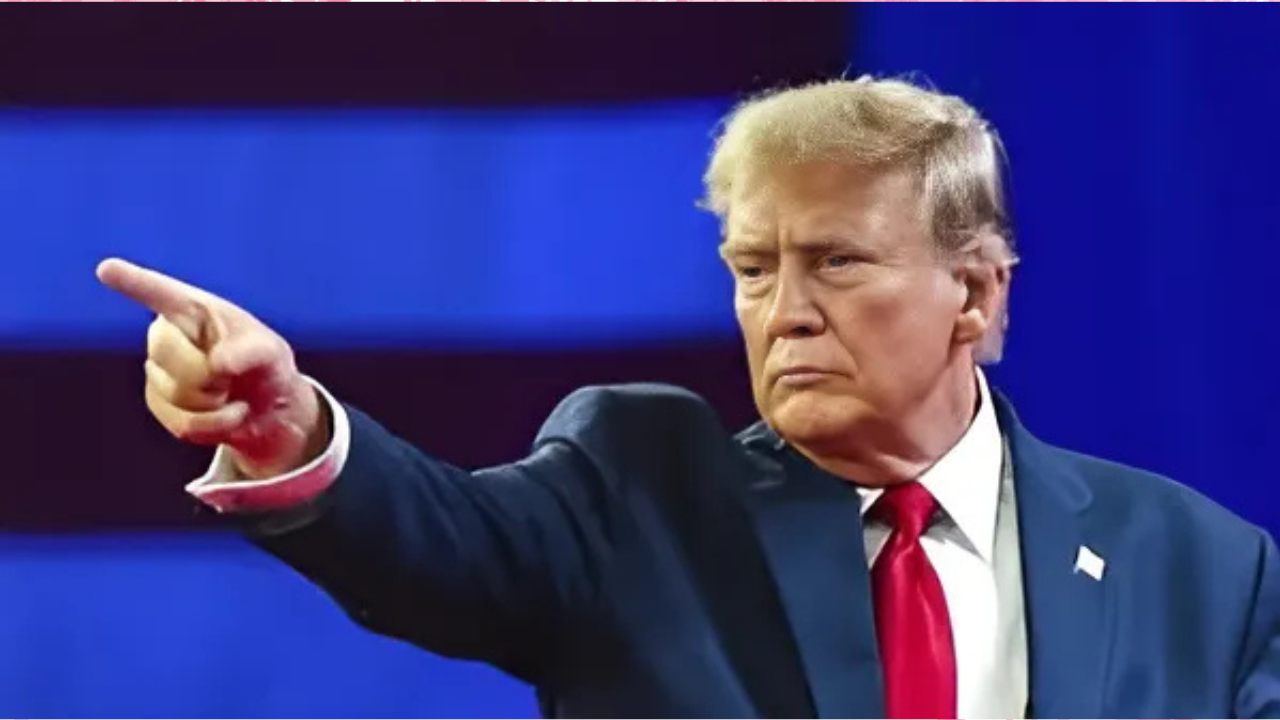
By: Bithi
Published on: May 17, 2025
UnitedHealth Group (NYSE: UNH), once a stalwart in the healthcare sector, has recently faced significant challenges. A combination of internal upheavals and external policy shifts has led to a notable decline in its stock value. Central to this downturn is former President Donald Trump's Executive Order 14297, aimed at overhauling prescription drug pricing. This blog delves into the intricacies of this executive order and its profound impact on UnitedHealth's stock performance.Finvizlpl.com+9Wikipedia+9The Guardian+9
On May 12, 2025, Donald Trump signed Executive Order 14297, titled "Delivering Most-Favored-Nation Prescription Drug Pricing to American Patients." The primary objective of this order is to align U.S. prescription drug prices with those in other developed nations, potentially reducing costs by up to 80% . The order mandates the Department of Health and Human Services to negotiate price reductions with pharmaceutical companies within 30 days. Failure to reach agreements could lead to the implementation of the "most favored nation" pricing model, directly impacting the revenues of pharmacy benefit managers (PBMs) and insurers.Financial Times+5Wikipedia+5lpl.com+5New York PostMarketWatch+7The Guardian+7Reuters+7
UnitedHealth's subsidiary, OptumRx, is a significant player in the PBM sector. PBMs traditionally act as intermediaries between drug manufacturers and consumers, negotiating discounts and managing formularies. However, Executive Order 14297 challenges this model by promoting direct-to-consumer pricing and reducing the role of intermediaries . This shift threatens the profitability of PBMs, directly impacting companies like UnitedHealth that rely heavily on such operations.Financial Times+5lpl.com+5Reuters+5Barron'sThe Guardian+2Wikipedia+2Barron's+2
The immediate aftermath of the executive order saw a sharp decline in UnitedHealth's stock. From its 52-week high, the stock plummeted by approximately 55%, reflecting investor concerns over the company's future profitability . The broader market also reacted, with other PBM-affiliated companies like CVS Health and Cigna experiencing stock declines .Yahoo Finance+1SentiFin+1Barron's+3Reuters+3MarketWatch+3
Compounding the challenges posed by the executive order, UnitedHealth faced internal turmoil. CEO Andrew Witty's abrupt resignation in May 2025, citing personal reasons, added to investor uncertainty. The company also withdrew its 2025 profit outlook, attributing the decision to escalating medical costs and higher-than-expected expenses in its Medicare Advantage segment .Finviz+1Reddit+1inkl+8STAT+8Finbold+8
Further exacerbating UnitedHealth's woes is an ongoing investigation by the U.S. Department of Justice into potential Medicare fraud. The probe centers on allegations that the company may have overbilled the Medicare Advantage program, raising concerns about its compliance practices and potential financial liabilities .Wikipedia+2Investopedia+2Barron's+2
Executive Order 14297 signifies a broader shift in U.S. healthcare policy, emphasizing cost reduction and transparency. While the pharmaceutical industry has expressed concerns about potential impacts on innovation, the order has garnered support from consumer advocacy groups seeking more affordable medications. The long-term effects of this policy shift remain to be seen, but the immediate impact on companies like UnitedHealth is undeniable.WikipediaThe Guardian+6Financial Times+6New York Post+6
UnitedHealth's recent stock decline underscores the profound impact that policy decisions can have on major corporations. Executive Order 14297, with its focus on drug pricing reform, challenges established business models and compels companies to adapt swiftly. As the healthcare landscape continues to evolve, stakeholders will keenly observe how UnitedHealth and its peers navigate these transformative times.
Comments
No comments yet. Be the first to comment!
Leave a Comment